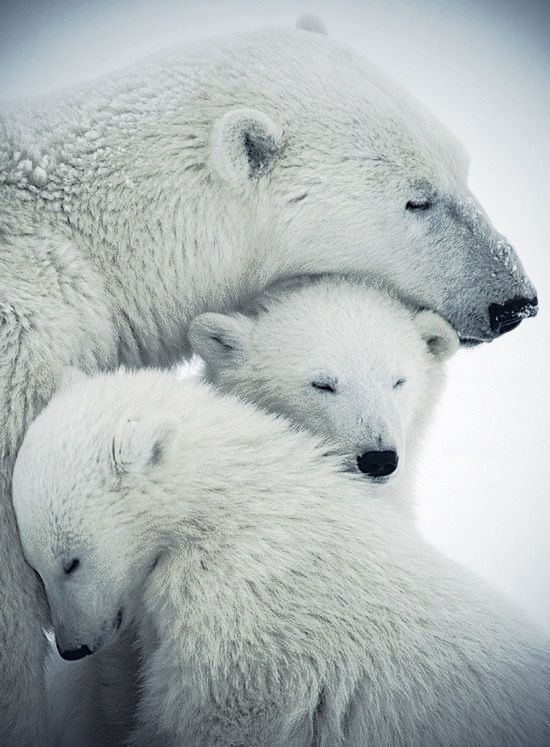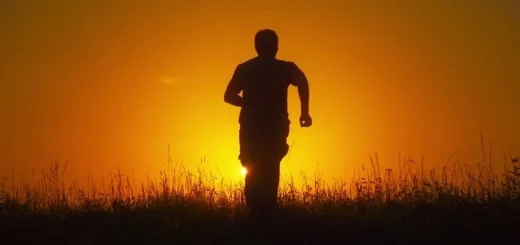12. Algorithms to Live By
March 21st 2020, Saturday
Dear Blog,
Westworld has a rather dim view of humanity, thinking that we are just an algorithm to survive, with surprisingly simple codes to follow. It seems to suggest that what we consider to be free will, to a large extent does not really exist, that we follow a narrow definition of consciousness, that everything falls outside that definition is considered insane when in fact, insanity might bring you closer to the perception of reality. At the end of the day, due to our limit living in a three-dimensional space and time, we are probably wrong about the nature of our reality anyway. What should we do in light of this? True, there are parts of our brain that are so ancient, whose tasks are mainly for survival. But is there a way for us to live beyond survival instincts and become something more? A species beyond the purpose of evolution?
I read a theory once that the human intellect was like peacock feathers. Just an extravagant display intended to attract a mate. All of art, literature, a bit of Mozart, William Shakespeare, Michelangelo, and the Empire State Building. Just an elaborate mating ritual. Maybe it doesn’t matter that we have accomplished so much for the basest of reasons. But, of course, the peacock can barely fly. It lives in the dirt, pecking insects out of the muck, consoling itself with its great beauty.
— Robert Ford, Westworld S1.Ep7
I always wondered about this part of evolutionary biology as a gay man. If sexual drive between straight men and straight women have an evolutionary purpose of continuing the species through procreation, why do gay people have a sexual drive? What is the evolutionary purpose of giving me a strong desire towards men, the only result of which cannot lead to more offsprings, the continuation of mankind? Am I a mistake?
Evolution forged the entirety of sentient life on this planet using only one tool… The mistake.
— Robert Ford, Westworld S1.Ep1
If homosexuality really is a mistake, why does it continue to exist after thousands of years of evolution, not just in the human world, but in the animal world as well? If we follow our code strictly and never mate with the opposite sex, our “faulty” genes should not be carried into the next generation. Yet time after time again, we continue to exist. What does it mean? One could argue that since ancient times gay people are pressured into straight marriages, therefore bringing the genes into the future. But it doesn’t change the fact that most gay people have straight parents, and most children from gay parents turn out straight. Is the motivation of evolution really that simple?

There are other ways to defend evolution, of course. For instance, sometimes a sensitive man is more likely to attract women due to a higher emotional intuition and empathy ability than regular straight guys. Between this man and a man who is not so sensitive, some women would prefer the former as mate, therefore carrying on the sensitive gene. With enough cumulations, perhaps such gene would mutate inside a child, making him “gay” because the traits he posses are what separates him from a baseline value of “straightness.” Perhaps it would explain why gay people continue to exist, though I wonder if such rational applies for the other members of the LGBTQ community because, as we all know, sexuality is on a spectrum, never just a game of “either-or.”
Another theory is that the existence of gay people has benefits for the survival of the entire species. For instance, a gay uncle who cannot have children of his own might divert his attention to help to raise his nephews and nieces, therefore giving the future generations a better chance of survival. I heard stories about a tribe living in the Amazon with something similar but not quite the same. In this tribe, a pregnant woman would continue to have sex with different men, who would all become the father of the child after it is born. The child would have more than one father, and it is considered normal and healthy, which makes sense since it gives the child a higher chance of survival. But in terms of normality, in the eyes of the “educated” masses who had collectively accepted marriage as an institution for so long, it is anything but normal, because once again, what we consider to be normal is a very narrow definition of behaviors.
Perhaps I am biased about the following, but within the artistic community, the number of LGBTQ people seems much more substantial than heterosexuals, though it is only a general feeling without actual data to back up such assessment. Suppose we entertain the idea and assume it is true for the moment, just like all the other ideas that you have been reading about so far, it might suggest that the artistic talent of gay people are important for the survival of the species, since art is an integral part in our meaning searching journey, and a species that understands the purpose and meaning of life is more likely to survive.
All theories aside, I think you would find that evolution is also a story that we have been telling ourselves, very much like DNA. You might argue that such concepts are facts based on science, but I would like to point out once again the inherent limitations of our consciousness in a three-dimensional space and time, that we are probably wrong about the nature of our reality anyway. A few hundred years ago, if you tell people that they are sick because the illness is caused by tiny creatures that your eyes cannot see called germs and not caused by the devil, they would probably burn you alive. Look how far we have come, yet how little we have learned. In the face of the infinity of knowledge, where do we find the boldness to claim that what we understand so far will remain true forever, when we are not a creature of infinity, bound to perish, trapped by time? Most people forget that we are nothing but passengers in this world. In this light, shouldn’t we at least be humble enough to admit that we don’t know everything, that what we consider to be true may not be true at all?
Although Socrates considered stupidity to be incompatible with wisdom, he never considered ignorance to be stupidity. But not to know yourself and to pretend that you know things that you in fact don’t know – that he considered to be lunacy.
— Xenophon, Memorabilia
Some would argue that DNA is like codes we follow, an algorithm to live by, though the environment also plays a part in who we are. But are we doomed to by nature to be afraid of stepping out of the comfort zone, to dread the unknown, because it is safer to live with what we know, to guarantee a higher chance of survival?
We can’t define consciousness because consciousness does not exist. Humans fancy that there’s something special about the way we perceive the world, and yet we live in loops as tight and as closed as the hosts do, seldom questioning our choices, content, for the most part, to be told what to do next.
— Robert Ford, Westworld S1.Ep8
I am sick of being in the same loop, making the same mistakes, all because I am too scared to define and claim what I want when my upbringing taught me that only bad things happen when you assert your opinions that are not in accordance with those of your authority figures. They cannot hurt you now. You are more than your fear. You are free if you allow yourself to be free.
Something that is truly free would need to be able to question its fundamental drives, to change them.
— Robert Ford, Westworld S2.Ep10
That is your duty to freedom. To question your drive, to stay aware of your attention in the present moment, and to remember where you would like to go.












